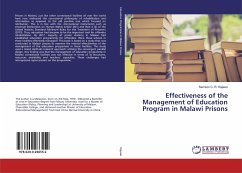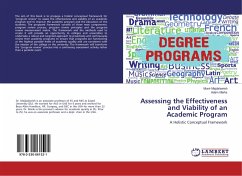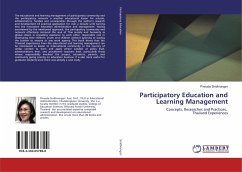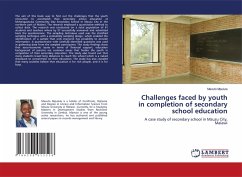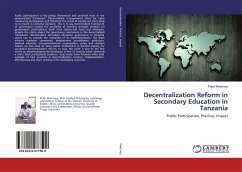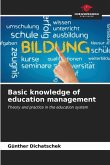Prisons in Malawi, just like other correctional facilities all over the world have now embraced the correctional philosophy of rehabilitation and reformation as opposed to the old punitive one which focused on retribution. This is in line with the international instruments such as Universal Declaration on Human Rights Article 26(1) and Rule 4 (2) of the United Nations Standard Minimum Rules for the Treatment of Prisoners (2015). Thus, education had become to be the important tool for offender rehabilitation. By 2017, majority of prison stations in Malawi had established education programmes for offenders. Were these schools in these facilities effectively managed? This book is based on a study that was conducted in Malawi prisons to examine the internal effectiveness of the management of the education programme in those facilities. The study used a mixed methods research approach; utilising the convergent parallel design. Key finding was that the management of education programmein Malawi correctional facilities was not effective in terms of its structures, resources availability and teachers' capacities. These challenges had retrogressive repercussions on the programme.
Bitte wählen Sie Ihr Anliegen aus.
Rechnungen
Retourenschein anfordern
Bestellstatus
Storno

